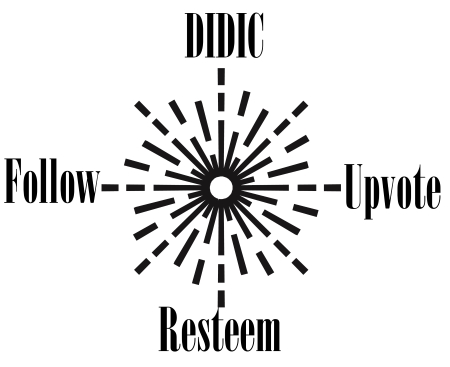Here's a story you probably heard: A young Whoopi Goldberg watched Nichelle Nichols on Star Trek, and was inspired to become an actress because it was the first time she saw a black woman on TV not playing a maid. A young Lupita Nyong'o watched Whoopi Goldberg in The Color Purple and was inspired to become an actress. That's the most basic story of representation and why it matters. Let's get into it. This is Allyship Sunday.

Many years ago, I was the sff editor at a publisher that was accepting submissions. It was a small publisher, so we didn't get nearly as many as larger companies did, but what we got all suffered from what I would call "John and Jane in the Denver airport" syndrome. The characters and settings had nothing to do with the writers, and everything to do with the media they consumed. These were Israeli writers who, for the most part, had never spent any significant amount of time outside the country, but when they came to write a science fiction novel, they brought none of who they were to it.
That was the beginning of my education on why representation matters. As I wrote in my #powerofstory post yesterday, stories are how we make sense of the world. And when everything we read and see doesn't have a place for us, we assume there isn't a place for us in those types of places.
On the flip side, when the media we consume puts us front and center, it is incredibly affirming. You know you can be and do anything because the people in film and tv who look like you can be and do anything.
How does this connect to allyship? I'm glad you asked, hypothetical reader! As allies, we have a twofold responsibility when it comes to representation.
Tell diverse stories. Many of us here on Steemit are creators, and we have a serious responsibility. Not only to tell stories that aren't all about white dudes, but to tell them well. You've all heard the maxim "write what you know." Well, here's the thing about that: Your knowledge is not a static thing. If you were writing a police procedural and didn't have a background in law enforcement, you'd research that. Well, same goes for the people you put in your art. The better your understanding of your characters, the better your art will be. And the less likely it is to punch your readers or viewers in the face with terrible representation.
Uplift diverse voices. Getting good representation into the art you create is good and important. But there are stories that are usually best left to those who lived them. You can and should have diverse characters in your work. You shouldn't try and tell the story of a marginalized group that you are not a part of unless you have a really good reason. So how do those stories, that need to be told, get told? By elevating diverse voices. Giving the stage to the people of those marginalized communities. This post is about art, but the point is true in all walks of life. Say you're a white dude boss and you look around and see you've only been hiring/promoting other white dudes (or, in the Israeli version, other Ashkenazi Jewish dudes). Ask yourself why. Consider the possibility of implicit bias having an effect on your decision making.
And here's the thing: Being implicitly racist or sexist or ableist doesn't make you a mustache twirling villain. It makes you a human who lives in a racist, sexist, and ableist world and has been influenced by it. That's basically all of us. Try and be aware. Try and address those issues within yourself and society at large to the best of your ability. That's how we create a better world.
Related posts:
Feminism Sunday: Male Savior Thoughts Following A Comics Contest
Allyship Sunday: Allyship Is Not Conditional
Feminism Sunday: It's Not About The Sisterhood
Allyship Sunday: Ally Is A Verb
Feminism Sunday: Splaining
Allyship Sunday: Stay In Your Lane
Feminism Sunday Redux
Feminism Sunday: Should It Continue?
Feminism Sunday: Feminists on the Blockchain
Feminism Sunday: Feminism 101, With GIFs!
On White Feminism
I Don't Want Ally Cookies
You Are Not An Alpha
Let's talk intersectionality


i'm really heartened to read you shining a light on representation. as i a white queer cis woman, i am not marginalized as much as poc, or other more outwardly non comforming people, but i still feel it, especially in this "white dude" centered world... after watching the show sense8 i felt that acutely i had never really watched a show before that didn't work on huge generalizations. it was refreshing to watch characters on the screen that were like people i'd be friends with. that's pretty rare and i want to see more of it!
on another related note, i'm reading a book currently called Racing Alone by iranian groundbreaking architect nader khalili. in the time of the iranian revolution, he was trying to radicalize using adobe again after the people had been brainwashed to believe in the "concrete and steel" buildings the industrialized leaders were trying to push on them. he said an apt line that his main goal in the revolution is to get the people to value what they already have.
similarly in representing our cultures, we have to be brave enough, articulate and join together to value what we have to make a story out of it and share our authentic lives. similar to the israeli writers you mention, let's write from what we know and live and not distant generalized characters in a story that doesn't inspire or touch at the real things of life, our lives..... blessings!
Downvoting a post can decrease pending rewards and make it less visible. Common reasons:
Submit